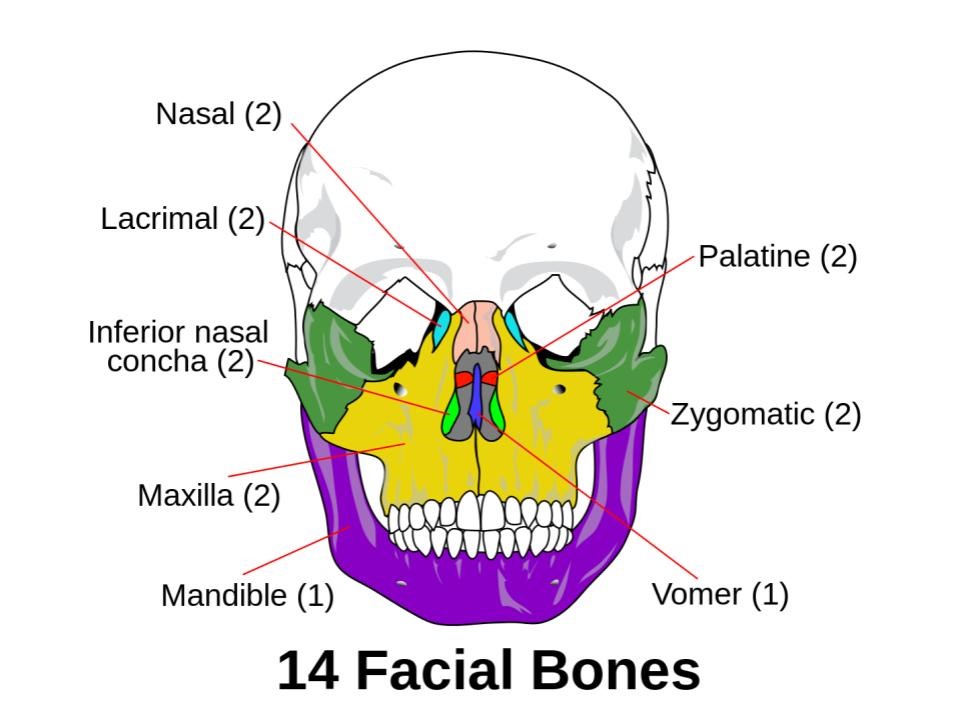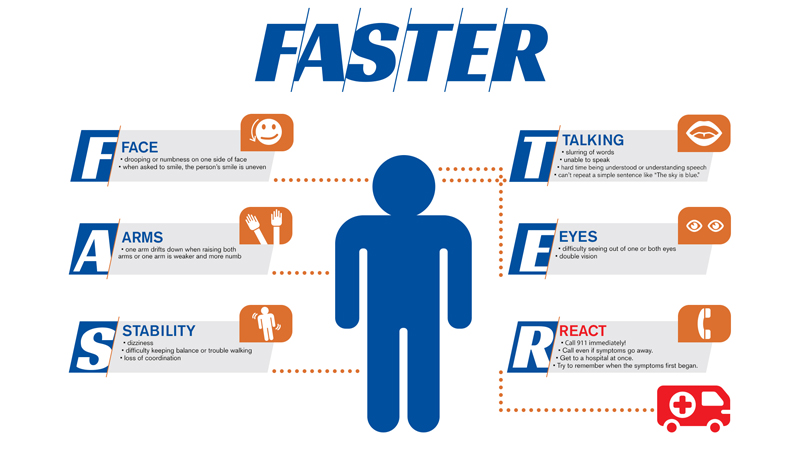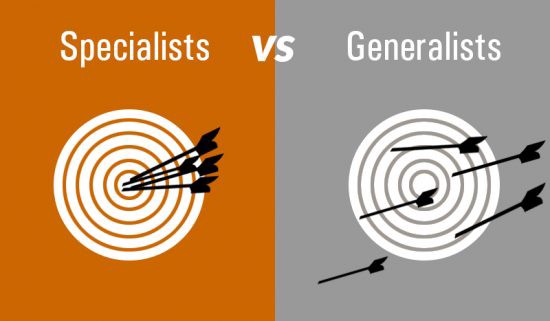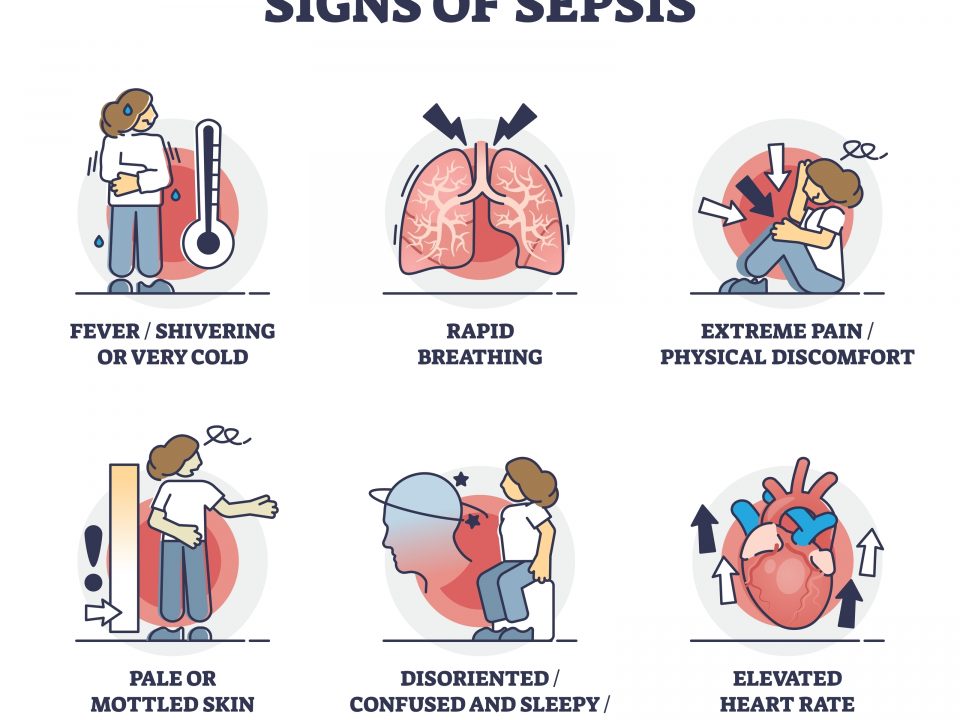
How To Manage Acute Facial Fractures
19th November 2021
Why the “FAST” acronym doesn’t identify all stroke types
1st December 2021I have recently written about a case where an expert witness was considered to be an inappropriate expert to give on opinion on a case.
While it is the duty of an expert to confirm that they are a reasonable expert to opine the range of types of medical professionals can lead to lawyers being confused about where exactly the expertise lies.
There is an old saying that “a generalist learns less and less about more and more until they know nothing about everything while a specialist learns more and more about less and less until they know everything about nothing”.
In this post I therefore will attempt to create some order out of the many medical specialities both generalist and specialist to aid instructing parties who may be an appropriate expert.
Generalists
GPs
Probably the most well known generalist is the GP who has a lifelong commitment to individual patients and provides gatekeeper access to more specialized service. While the range of conditions that a GP may be consulted on they will often refer to more specialized services when either the diagnosis or treatment required is outside their remit.
Many GPs however in addition to their general practice also develop a special interest in one area fo medicine and therefore although generalists they may have a special interest that they become more involved with.
Emergency Medicine
My own speciality of Emergency Medicine is considered a hospital based generalist as we manage all grades and types of emergency illness and injury and have to have a wide range of knowledge and skills. However our expertise is to manage patients for a brief time before discharging them from the Emergency Department or referring them for further specialist care.
Acute Medicine
Acute physicians manage in-patients suffering from medical illnesses for the initial part of their admission and again may discharge patients or refer them onwards to specific medical specialists
Medical specialities
Patients with specific body system illness that can be treated with non surgical methods are normally treated under a physician with training and experience in these conditions.
In the medical profession these are often referred to as “-ologists” and include Cardiologists for heart problems, Gastroenterologists for digestive problems and Rheumatologists for inflammatory joint disease.
While some of these clinicians work full time within their –“ology” others also have some time undertaking general medical duties along side the Acute physicians.
Surgical Specialities
Patients requiring operative intervention are normally treated by surgeons although some conditions may be initially treated without operation under a surgeon.
While there is a speciality of General Surgery this is usually dealing with gastrointestinal (GI) surgery and sometimes this ca be subdivided into upper GI surgeons and lower GI surgeons.
Orthopaedic surgeons deal with fractures and other injuries, while urologist manage urinary tract problems and ENT surgeons manage treatment for ear nose and throat conditions.
Paediatrics
In most general hospitals children are admitted and treated under paediatricians wo have a general remit although they may have a specific sub speciality interest.
In children’s hospitals paediatricians mimicking the range of adult medical specialists and some of the surgical specialists may be found where they only deal with a specific body system or type of surgery in children.
Why is this important in clinical negligence ?
As noted in the case at the beginning of this post picking the wrong expert to give an opinion and then making a case based on their evidence may lead to significant consequences for the client, their legal team and the expert himself.
While it is the duty of the expert both to express any limits on their experience and limit their opinions to those within that expertise there is a danger that by trying to be helpful to their instructing party they may give a general opinion either of care provided by a generalist from their specialist viewpoint or conversely as a generalist give an opinion as to how a specialist should have acted when presented with such a patient.
Either of these is wrong and a good expert will not commit themselves to such opinions even if that leads to additional costs for their instructing party in commissioning a further expert report




